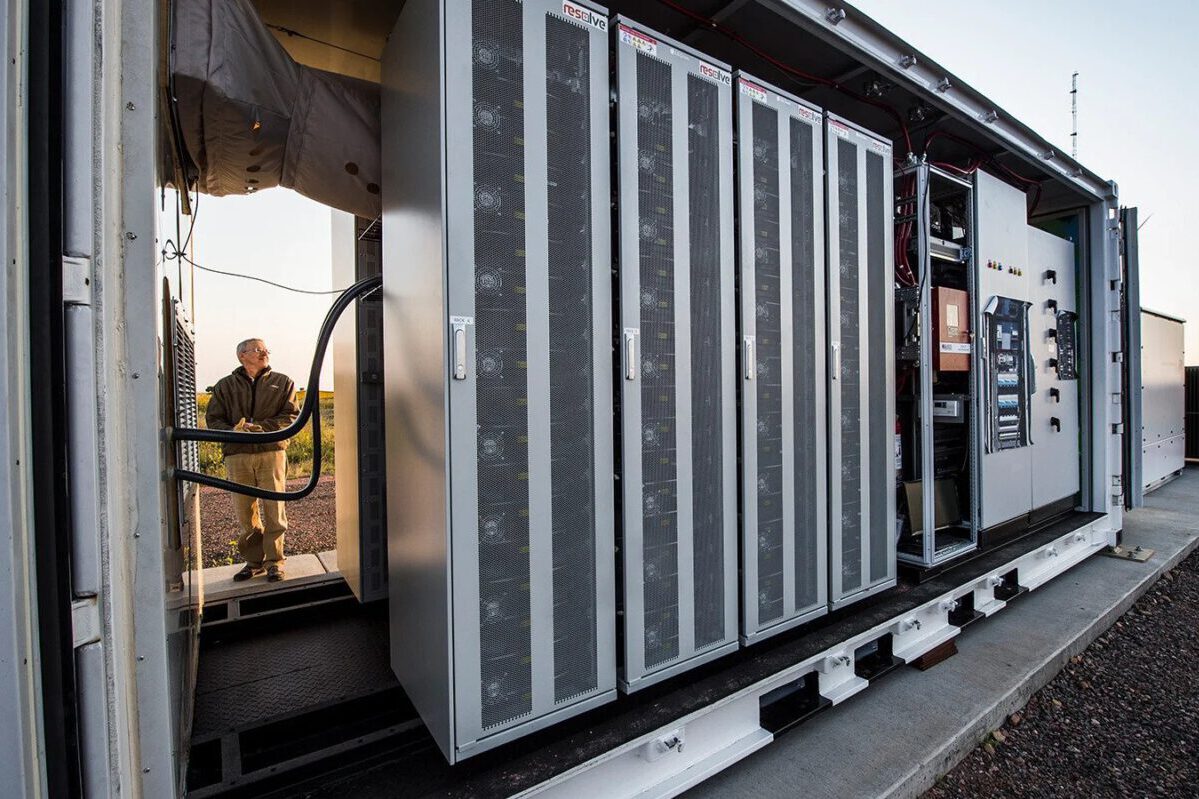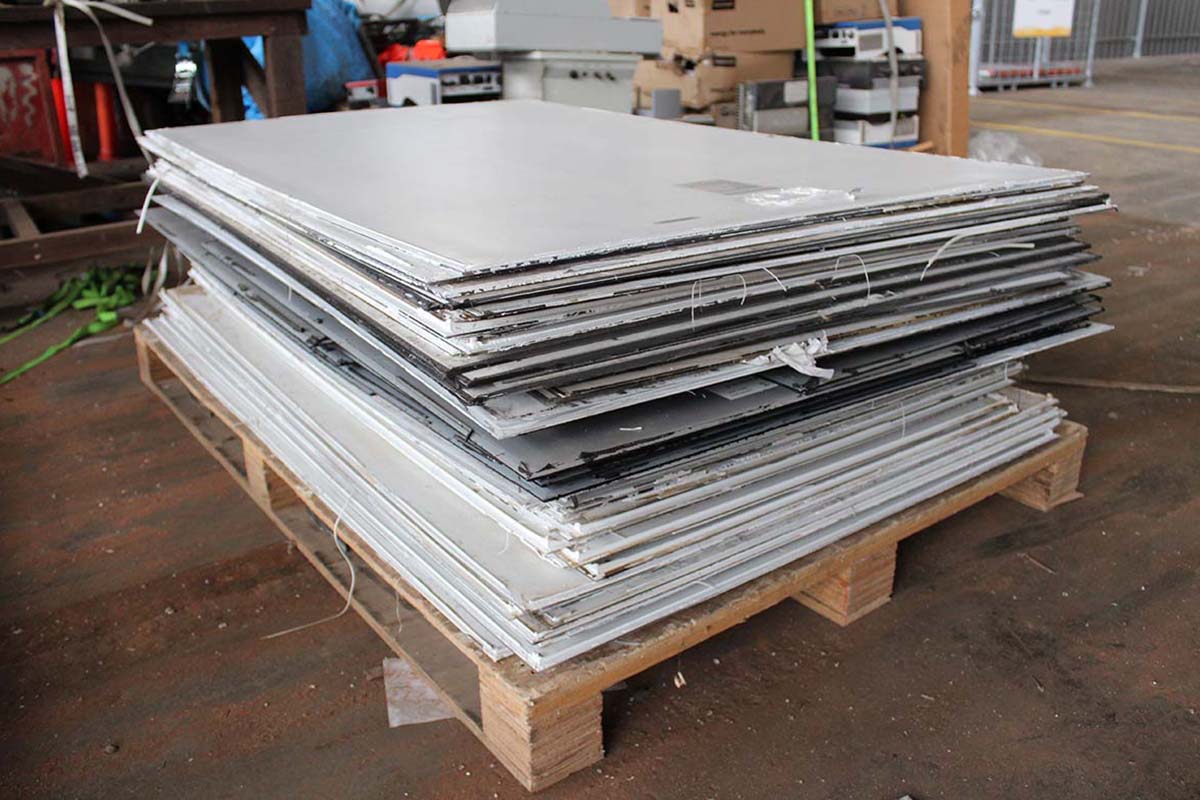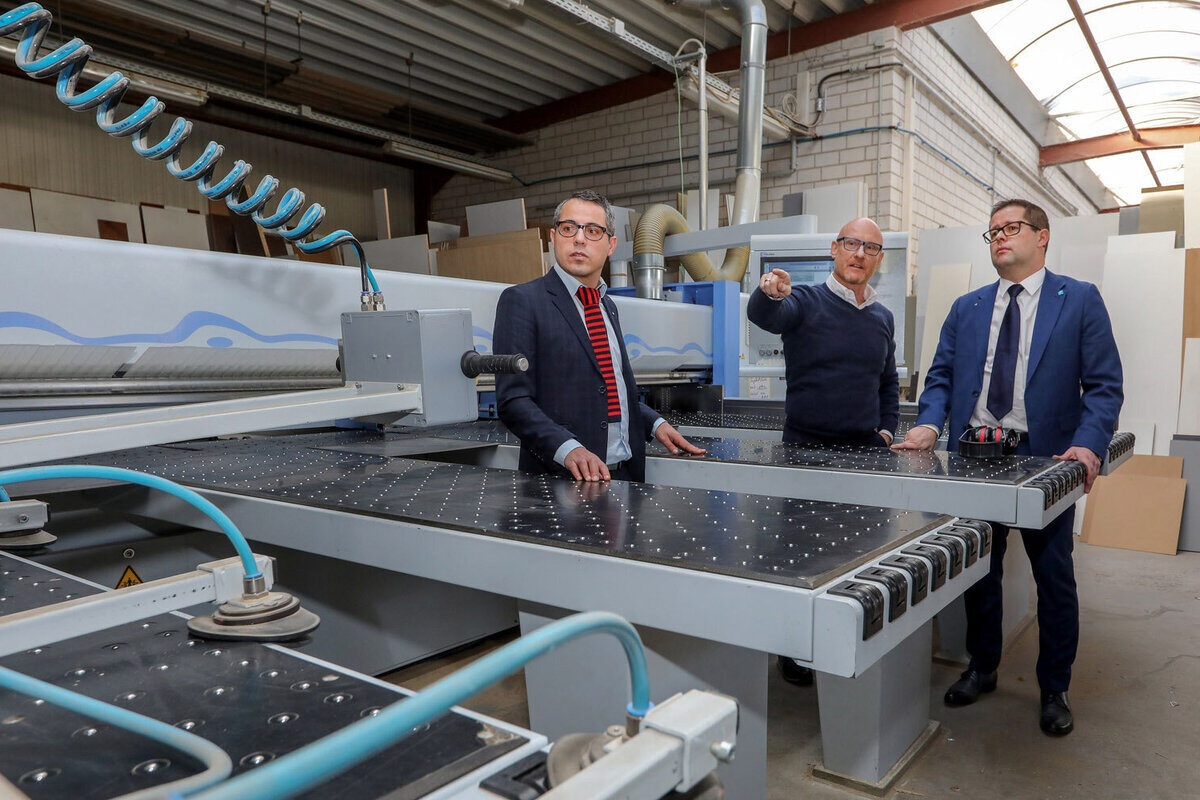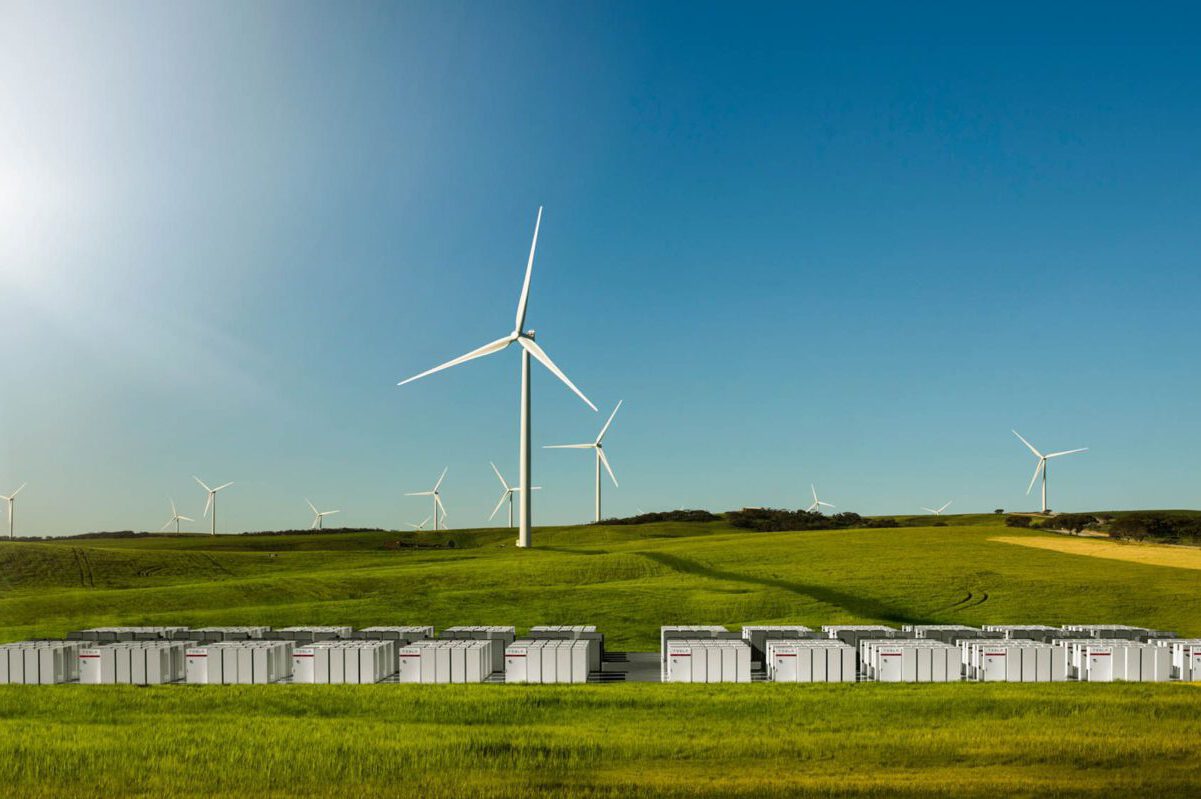Is it Possible to Recycle Batteries?

As electric cars begin to take over the market, more and more lithium-ion batteries are ending up in dumpsites. Unfortunately, the industry lacks a solid plan or a clear path for the disposal of Li-ion batteries. Over the years, manufacturers have been working to increase the battery’s longevity, lower expenses, and better its charge capacity; instead of coming up with a recycling plan.
We can protect our environment by recycling batteries, but are batteries recyclable?
Lead-acid batteries are the most recycled, with a recycling rate of 99%, which is pretty impressive. Lithium primary batteries are somewhat recyclable. The only problem is that there is only one company that can recycle primary lithium batteries. Thus, the majority of them end up in landfills.
Lithium-ion batteries are partially recyclable, with nickel and cobalt being the most recycled elements. When recycled, those components are used to produce other materials and not make new batteries.

How battery recycling works:
1. Lead-acid battery
When a lead-acid battery is picked up during recycling, it is either opened or crushed by the machine. The pieces are separated. Lead is obtained separately and re-smelted. It is then purified under stringent guidelines.
Sulfuric acid electrolyte from the battery is obtained, cleaned, and processed for use either in fertilizers or in new batteries. The battery plates and connectors can be recovered as a whole, while plastic covers are transformed into new battery cases.
2. Lithium-ion battery
The batteries are sorted according to tp chemistry, shredded, and then separated by machines. Flammable electrolytes are rigorously burned as hazardous elements are neutralized according to set environmental guidelines. Lithium, aluminum, and plastic are barely recovered.
Unfortunately, none of the battery recycling methods of lithium batteries recover all materials. Therefore, roughly about 40% of the materials will end up in the landfill. As such, recycling is neither energy-efficient nor economical.


